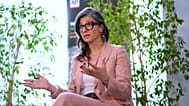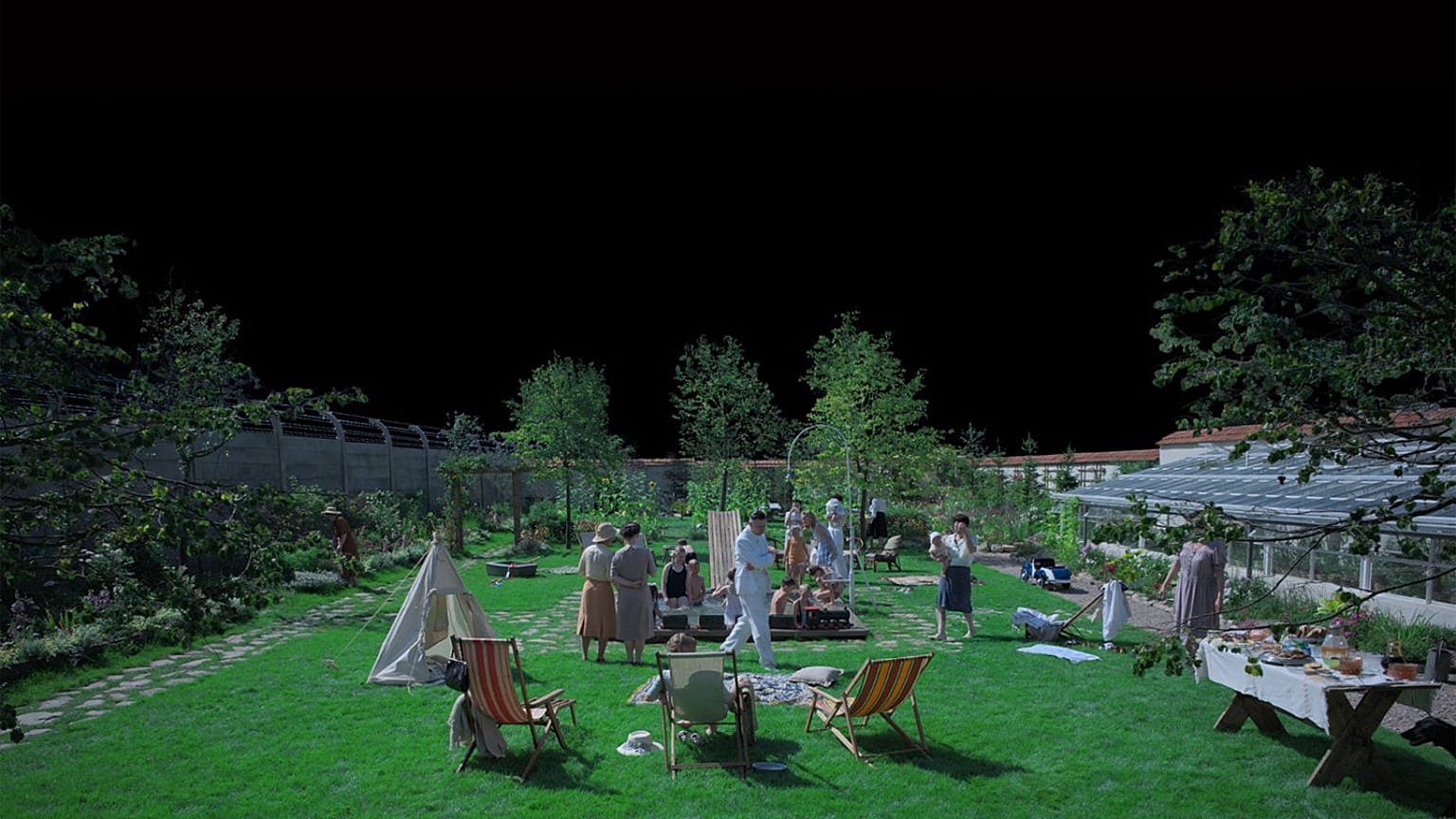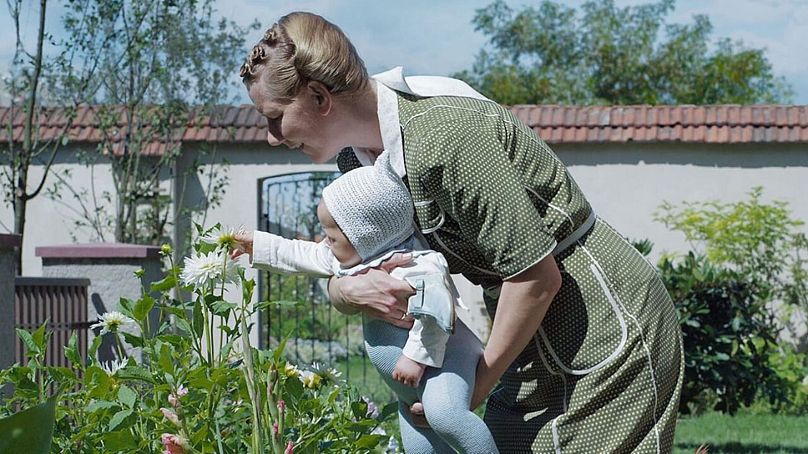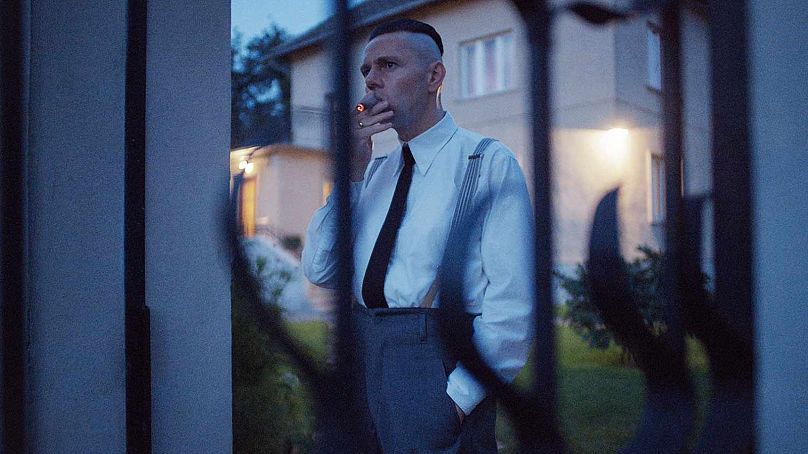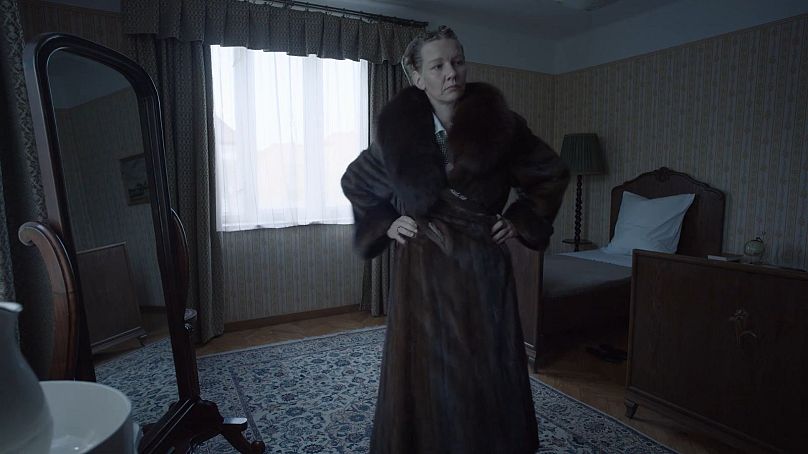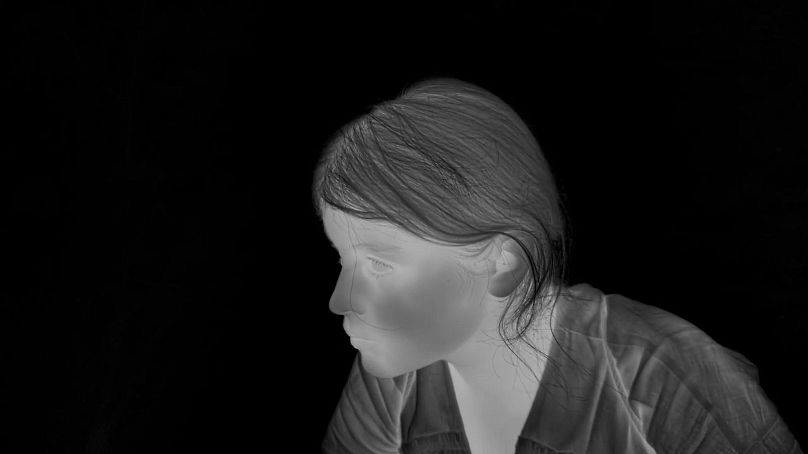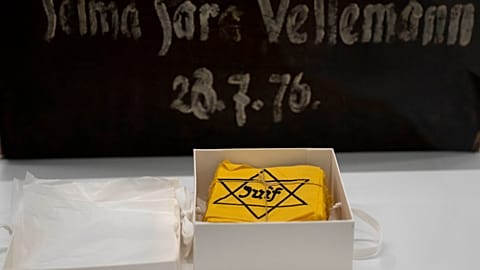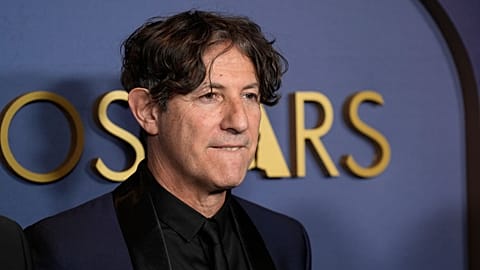Jonathan Glazer's adaptation of Martin Amis’ novel 'The Zone of Interest' is a profoundly disquieting and audacious film that will leave you rattled.
All cinema depicting the Holocaust faces a similar question: How do you adequately illustrate an unfathomable atrocity?
 ADVERTISEMENT
ADVERTISEMENT
 ADVERTISEMENT
ADVERTISEMENT
Many films have tackled the subject, with Steven Spielberg’s Schindler’s List and László Nemes’ Son of Saul evoking the unimaginable horrors of what happened within the walls of concentration camps.
British director Jonathan Glazer has chosen a different path for his fourth feature, The Zone of Interest. He adheres to the perspective of the late Claude Lanzmann (Shoah), who posited that the representation of the Holocaust could not be achieved through a fictional version of the camps. As such, Glazer evokes a nightmare we can’t see, representing the unrepresentable by embracing absence to display what Hannah Arendt referred to as the “banality of evil”.
His film brings this concept to the screen in the most chilling of ways, by exploring the troublingly identifiable humanity behind the lives of those who perpetrate unspeakable crimes.
Loosely based on Martin Amis’ 2014 novel of the same name, The Zone of Interest follows Auschwitz camp commandant Rudolf Höss (Christian Friedel) and his wife Hedwig (Sandra Hüller), who both build a dream life for their family in a home situated on the other side of the concentration camp wall. We observe the everyday domesticity of the family: friendly visits, bucolic outings, servants keeping the house spotless, and Hedwig tending to her Edenic “paradise garden” - the living space she has built next to a dying one.
It all starts with the title, which remains on the screen for longer than you’d expect before slowly fading into darkness. A dark void lingers uncomfortably, accompanied by Mica Levi’s eerie, groaning score.
Glazer starts as he means to go on, as his quietly shocking drama is an experimental masterstroke which breaks conventional expectations when it comes to similar premises.
Not only does the director depict none of the death camp’s atrocities directly, he chooses to set the horrors on the edges to better mirror the family’s detachment and how these people are not in denial. They see the wider picture but choose to be complicit.
The camp is glimpsed via smokestacks and watchtowers, and heard through faint screams, distant barked orders and audible gunshots. These elements are accepted by the Hösses as a background nuisance akin to daily noise pollution. Their life is on the periphery. They are not insane or portrayed as villains; instead, their outwardly banal demeanours and mundane routines convey so much more than any broad monstrous affectations ever could. This dissonance between what the audience knows is happening and what they see on screen makes The Zone of Interest a uniquely unsettling experience.
Throughout, the mostly static camera keeps the viewer at a distance, never allowing for any close-ups. Again, the effect echoes detachment, but also feels claustrophobic and never lets you forget what the family have willingly elected to use this particular location as the backdrop to their domestic routine.
The way the camera shoots corridors and interiors is also incredibly disquieting, the negative spaces embodying the film’s disturbing examination of disassociation, and buttressing the uncaricatured emotionlessness of the characters.
Film students will be dining out on this one for years to come, analysing the way the framing, the sound design, and sparsely used travelling shots convey so much meaning, as well as the effect created by the sudden monochrome screens and Levi’s droning alarm sounds, which feel like they’re emanating from the deepest bowels of Hades.
The form is also matched by touches peppered through the runtime which depict the bone-chilling precision of the mechanisms that normalize mass murder. One scene sees Rudolf sit down with two engineers in his house to validate the plans for a more efficient crematorium, discussing it as if the contractors were showing him the blueprint for a new cosy fireplace. The effect is simple, but deeply unsettling – and there are plenty more.
Other disturbingly effective moments include Herr Höss discovering what seems to be bone fragments in the beautiful lake where he and his children go swimming, or how the hellish orange glow form crematory ovens burn up the night through the curtained windows. And then there’s Hedwig giggling when she admits she’s been nicknamed “The Queen of Auschwitz” and poking fun at her friend who misunderstands that her fur coat was from Canada, when “Canada” is in fact the storage area containing Jewish inmates’ belongings.
It's these seemingly small moments, which are never overplayed by a pitch-perfect cast, which instil a visceral dizziness which sits at the pit of your stomach.
Most haunting of all are three separate, alien scenes shot in negative exposure, showing images of a young girl hiding fruit for prisoners.
A hidden act of rebellion? A fragile reminder that behind numbers were human beings? A dark flicker of hope?
However interpreted, these sequences work in strange tandem with a quasi-documentary ‘epilogue’, another dramatic break from the style Glazer has established, in which he sets his gaze on modern-day Auschwitz. By doing so, he further echoes the importance of remembrance, and how humanity is capable of atrocities in the same way it is capable of embracing its empathetic duty when faced with the void.
It will take time after a first watch of The Zone of Interest to truly take in everything Glazer’s audacious depiction of the Final Solution achieves. It’s overwhelming, and no review can fully encompass what this prodigiously executed film pulls off.
All you need to know for now that it is unlike anything you’ll see all year.
The Zone of Interest is in cinemas now.




